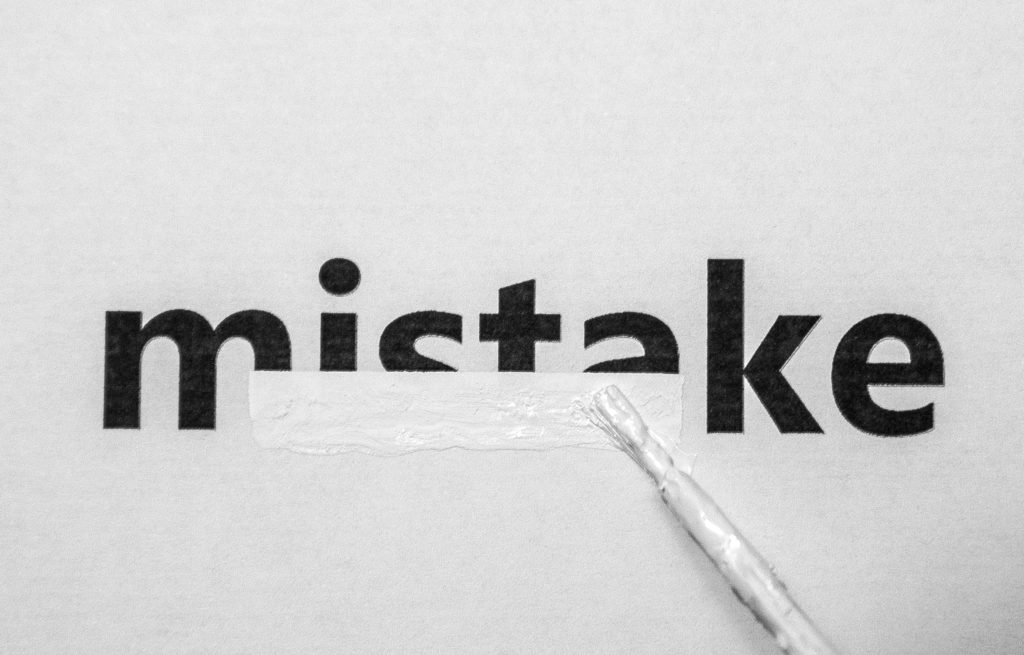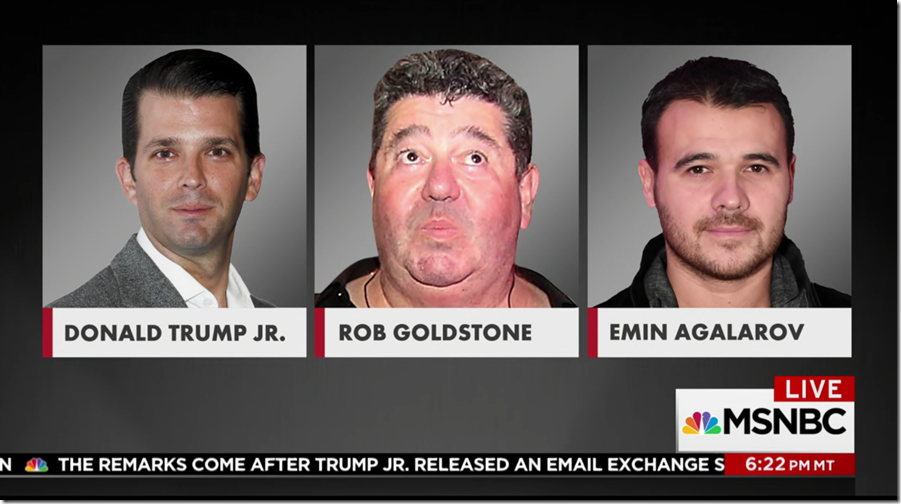Should You Really Avoid Repeating Inaccurate Information?
Three years ago, I published a post called “Seven Things To Do When Reporters Get It Wrong,” in which I offered the following advice:
“In print journalism, you almost always have forums available to you for a response, such as a letter to the editor or op-ed. If it’s an option, use it. Don’t repeat the original errors in reporting, since it just gives those errors more airtime—just articulate your point of view.”
When I was coming up as a media relations professional, that rule was rarely questioned. Repeating the original error only served to reinforce an inaccurate narrative and, thus, should be avoided at all costs.
In today’s post, I’d like to question that advice.

I’m not suggesting that such guidance is wrong in all cases, but rather that we should question whether that advice is absolute. From personal experience, I can tell you how challenging it can be to write a letter that tries to correct an inaccuracy without mentioning it. It can be done, but it too often leads to tortured writing—and clarity can get lost in the process.
Here’s an example. I did a Google search to find a letter to the editor that did mention an inaccuracy. The newspaper clip I found comes from a May 21, 2009 article in Washington State’s Skagit Valley Herald:
“A letter to the editor in Wednesday’s Skagit Valley Herald misstated my position on health care reform. Because this issue is so important, I want to set the record straight.
I do not support HR-676, legislation that would create a single-payer system by expanding Medicare, because I believe in preserving patient choice and competition, which creates incentives for doctors to provide a high level of care.
We must protect what works. If you like the health-care coverage you have, you should be able to keep it.”
If you were to write that without stating the inaccuracy, it might look more like this:
“A letter to the editor in Wednesday’s Skagit Valley Herald misstated my position on health care reform. Because this issue is so important, I want to set the record straight.
I believe in preserving patient choice and competition, which creates incentives for doctors to provide a high level of care, and believe that a single-payer system would compromise that.
We must protect what works. If you like the health-care coverage you have, you should be able to keep it.”

Those two versions aren’t dramatically different, but version two seems a bit incomplete to me, leaving me to wonder What was the inaccuracy in the original letter? What specifically does this writer think was misstated? Version one answers those questions sufficiently for me, allowing me to focus on the message itself.
My revised guidance is to write the letter to the editor both ways—one that contains the inaccuracy, and one that doesn’t. Consider both options while remaining aware of the risks associated with repeating the inaccuracy. Then make a decision based on what serves that specific situation best.
[poll id=”52″]



Interesting. As a general rule, it’s ok. Do not repeat the error. But the example you found could misleading. In that case, the reporter misunderstood a factual and binary error: The source either supports or does not support the piece of legislation. It is a fact with no shades of gray.
In my experience, the most common mistake that reporters make is that they misunderstand things that are more complicated, nuanced. Given that, it is much more difficult to restate your position without givin air to the mistake.